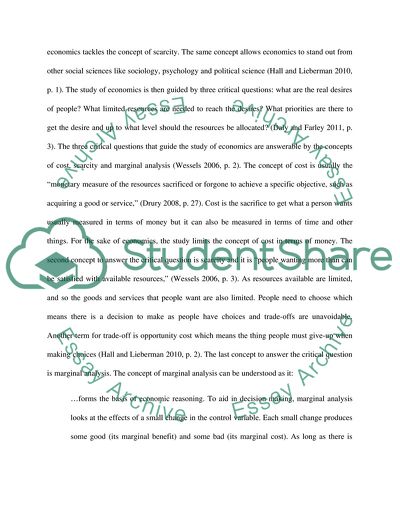Cite this document
(World economy Essay Example | Topics and Well Written Essays - 1500 words, n.d.)
World economy Essay Example | Topics and Well Written Essays - 1500 words. https://studentshare.org/macro-microeconomics/1761583-world-economy
World economy Essay Example | Topics and Well Written Essays - 1500 words. https://studentshare.org/macro-microeconomics/1761583-world-economy
(World Economy Essay Example | Topics and Well Written Essays - 1500 Words)
World Economy Essay Example | Topics and Well Written Essays - 1500 Words. https://studentshare.org/macro-microeconomics/1761583-world-economy.
World Economy Essay Example | Topics and Well Written Essays - 1500 Words. https://studentshare.org/macro-microeconomics/1761583-world-economy.
“World Economy Essay Example | Topics and Well Written Essays - 1500 Words”. https://studentshare.org/macro-microeconomics/1761583-world-economy.


